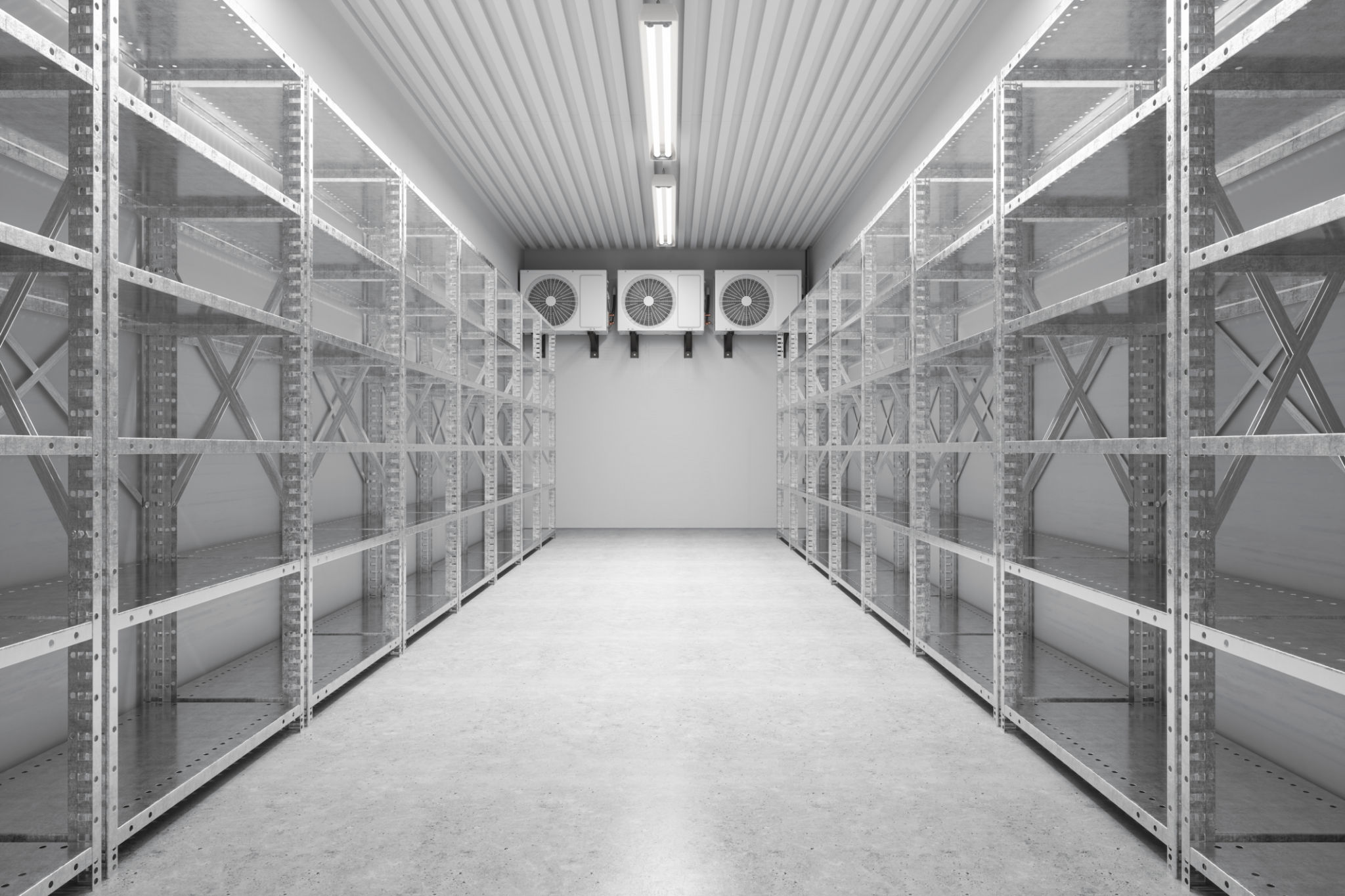The Impact of Efficient Heating and Cooling Systems on Restaurant Profitability
The Importance of Efficient Heating and Cooling Systems
In the competitive world of the restaurant industry, every detail matters when it comes to running a successful business. One often-overlooked aspect is the impact of heating and cooling systems on restaurant profitability. Efficient systems not only ensure customer comfort but also significantly reduce operational costs.

Heating and cooling account for a substantial portion of a restaurant's energy consumption. Inefficient systems can lead to increased energy bills, which eat into profits. By investing in modern, energy-efficient HVAC systems, restaurant owners can cut these costs, freeing up funds for other critical areas such as marketing or menu development.
Enhancing Customer Experiences
Customer satisfaction is paramount in the restaurant business. A comfortable dining environment plays a crucial role in ensuring that customers enjoy their visit and return. Efficient heating and cooling systems maintain optimal indoor temperatures, regardless of the weather outside, keeping patrons comfortable and happy.
Moreover, a well-regulated climate prevents extreme temperature fluctuations that can affect the quality of food and beverages served, ensuring that customers receive the best possible experience during their dining journey.

Reducing Maintenance Costs
Regular maintenance of HVAC systems is essential to prevent unexpected breakdowns that can disrupt business operations. Efficient systems often come with advanced diagnostics that facilitate easier maintenance and early detection of issues, minimizing repair costs and downtime. This proactive approach not only saves money but also ensures continuous operation without compromising customer comfort.
Environmental Impact and Sustainability
Adopting energy-efficient heating and cooling systems aligns with growing consumer demand for sustainable business practices. By reducing energy consumption, restaurants can significantly decrease their carbon footprint, appealing to environmentally conscious customers and enhancing their brand image.

Many modern HVAC systems are designed to be eco-friendly, using less energy and incorporating technologies such as programmable thermostats and smart sensors to optimize performance. This commitment to sustainability can be a unique selling point, attracting a new demographic of eco-aware diners.
Financial Incentives and Long-term Savings
Investing in efficient heating and cooling systems can also offer financial incentives such as rebates and tax credits. Governments and energy companies often provide such incentives to encourage businesses to adopt greener technologies. These savings, combined with reduced energy costs, contribute to significant long-term financial benefits.
The initial cost of upgrading or replacing HVAC systems may seem daunting, but the return on investment through energy savings and increased profitability makes it a wise decision for any forward-thinking restaurant owner.

In conclusion, efficient heating and cooling systems are more than just an operational necessity; they are a strategic investment in a restaurant's profitability. By enhancing customer experiences, reducing maintenance costs, and embracing sustainability, restaurant owners can create a comfortable environment that supports growth and success in the competitive culinary landscape.